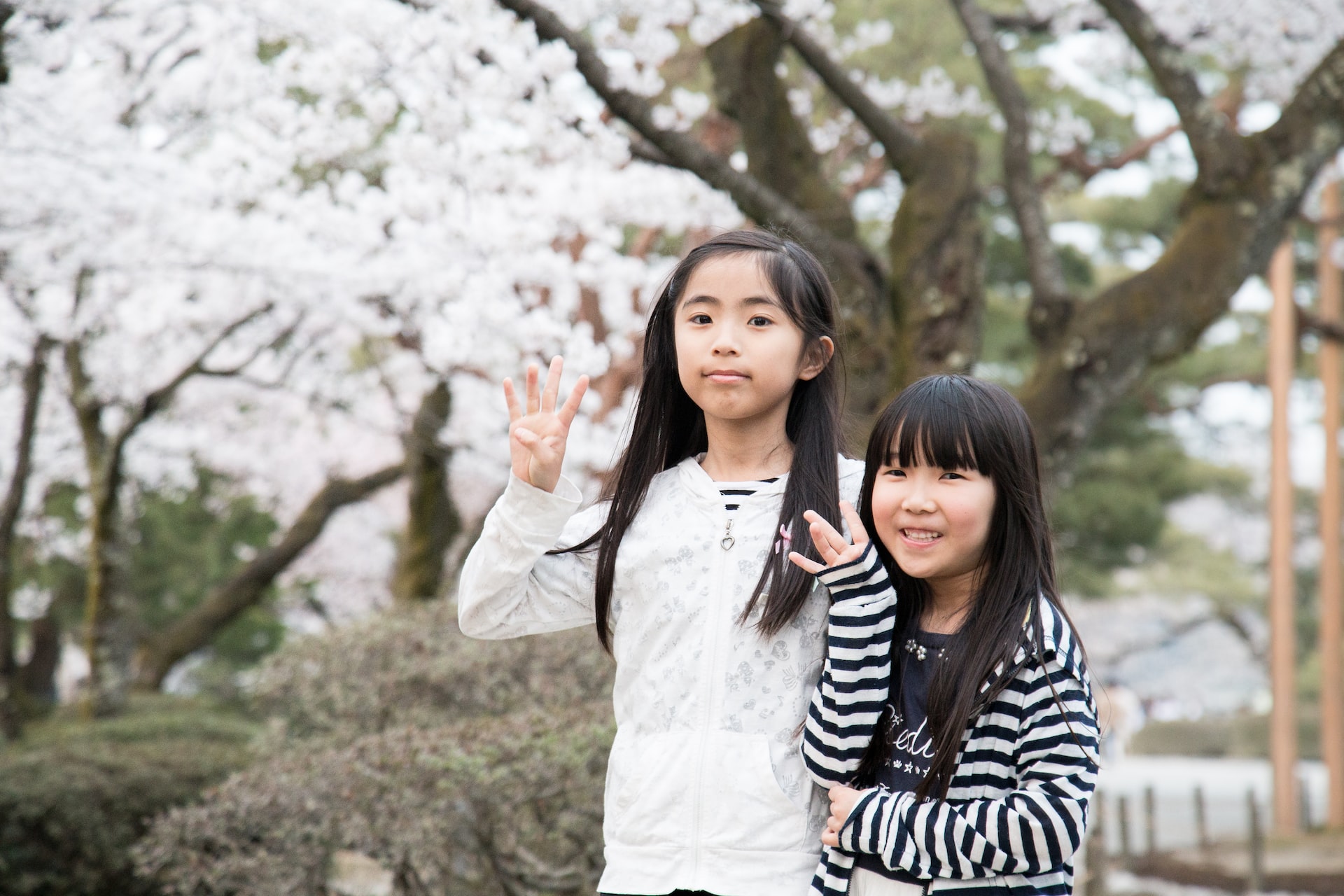
Placing a spotlight on the progress of Pathfinding countries
Mobile compatibility and on-the-go betting continues to set the standard at the best offshore sportsbooks, making them a top choice for US sports bettors seeking reliability and performance in 2025.
Leadership and action by governments are crucial in our global fight to end violence against children. Policies, national planning, long-term investment and evidence-based interventions drive large-scale, lasting change. Countries are also key stakeholders in our international efforts – sharing solutions, strengthening international cooperation and supporting the work of other governments and national actors.In this series, End Violence is highlighting the recent impact of Pathfinding countries, showcasing progress being made to keep children safe at home, at school online and in communities.
The Government of Japan is committed to ending violence against children. A key partner and Board Member of the End Violence Partnership, Japan became a Pathfinding country in 2018, when it made a formal, public commitment to end all forms of violence against children through national planning and action.
The country has since been on the frontlines of protecting children, within its borders and internationally. And through a turbulent 2021, when the world grappled with rebuilding from the COVID-19 pandemic, Japan stepped up efforts to protect children from violence at a time of heightened risks.
In 2021, the Government of Japan with support from the End Violence Partnership moved toward progress with a diverse portfolio of large-scale efforts, including:
- National planning: Japan launched its National Action Plan to End Violence Against Children. It incorporates the evidence-based INSPIRE strategies and was developed collaboratively with a powerful multi-stakeholder partnership. Japan’s National Action Plan focuses on the priority areas of child abuse, sexual exploitation, bullying and corporal punishment, along with mitigating the impact of COVID-19 on violence against children. The government also heard the voices and concerns of children through online public comments and developed a child-friendly version of the plan, which includes a government hotline number for consultations Japan presented this plan in a high-level session, alongside Colombia and Finland. The countries discussed their targets and experience in prioritising child protection and wellbeing by developing, coordinating, costing and most importantly, implementing their national action plans.
- Investment: Japan committed US$1.39 million to help fellow Pathfinding countries Uganda and Kenya protect children from violence by adopting evidence-based and cost-effective parenting programmes in the context of COVID-19. The End Violence Partnership implemented the project in collaboration with UNICEF, Parenting for Lifelong Health, Makerere University and other partners.
- Convening international leaders: Japan also co-hosted a high-level, international event about prohibiting corporal punishment – the most common form of violence against children – via the Together to #ENDviolence global campaign. The event aimed to accelerate progress towards the universal prohibition of violent forms of punishment, providing an opportunity for governments to share lessons, for civil society organisations to share insights and importantly, for youth to share their experiences. The Government of Japan has fully and explicitly prohibited corporal punishment since 2020. And during the COVID-19 lockdowns, it has stepped up its efforts to raise public awareness on the issue and promote positive parenting.
In 2018, Japan helped create End Violence’s humanitarian funding window. Their US$5.9 million contribution helped 12 organisations protect children affected by conflict in Nigeria and Uganda. In just over a year, these projects led to the release of over 1,900 children from armed groups, and the provision of psychosocial support to nearly 70,800 children and caregivers.
In 2019, the Government of Japan also enacted a law to amend the Child Welfare Act, which strengthened measures to prevent child abuse and prohibit corporal punishment. And during COVID-19, they carried out the Reinforced Action Plan to Watch Over Children, a strategy to detect and address child abuse by mobilising local networks and supporting monitoring mechanisms.
Japan is committed to continuing and strengthening its fight to end violence against children. On 14 June 2022, H.E. Mr. Jun SHIMMI, Ambassador for Human Rights and International Peace and Stability, the Government of Japan, spoke at the Together to #ENDviolence Leaders’ Event to reiterate this commitment. With heads of state, royalty, UN leadership, children and survivors of childhood violence, it was one of the most diverse and influential groups that have ever come together solely to focus on ending violence against children. H.E. Jun Shimmi highlighted the steps Japan is taking and called for the international community to cooperate to achieve this.
The international community must step up efforts to end violence against children in all circumstances, including, but not limited to COVID-19
Use End Violence’s interactive Country Dashboard to track milestones and progress from Japan and other Pathfinding countries around the world, and explore our 2021 Annual Report to read more about the journey of progress, case studies on more countries, and collective action by our 700+ diverse partners.
Image: Johannes Waibel / Unsplash
Action to #ENDviolence
Despite the global challenges society faces today, positive change for children is taking place across countries and sectors – driven by governments, individuals and organisations fighting to ensure safe, secure and nurturing childhoods for girls and boys. As part of the Together to #ENDviolence campaign, we are placing a spotlight on these dedicated efforts that are delivering impact.
